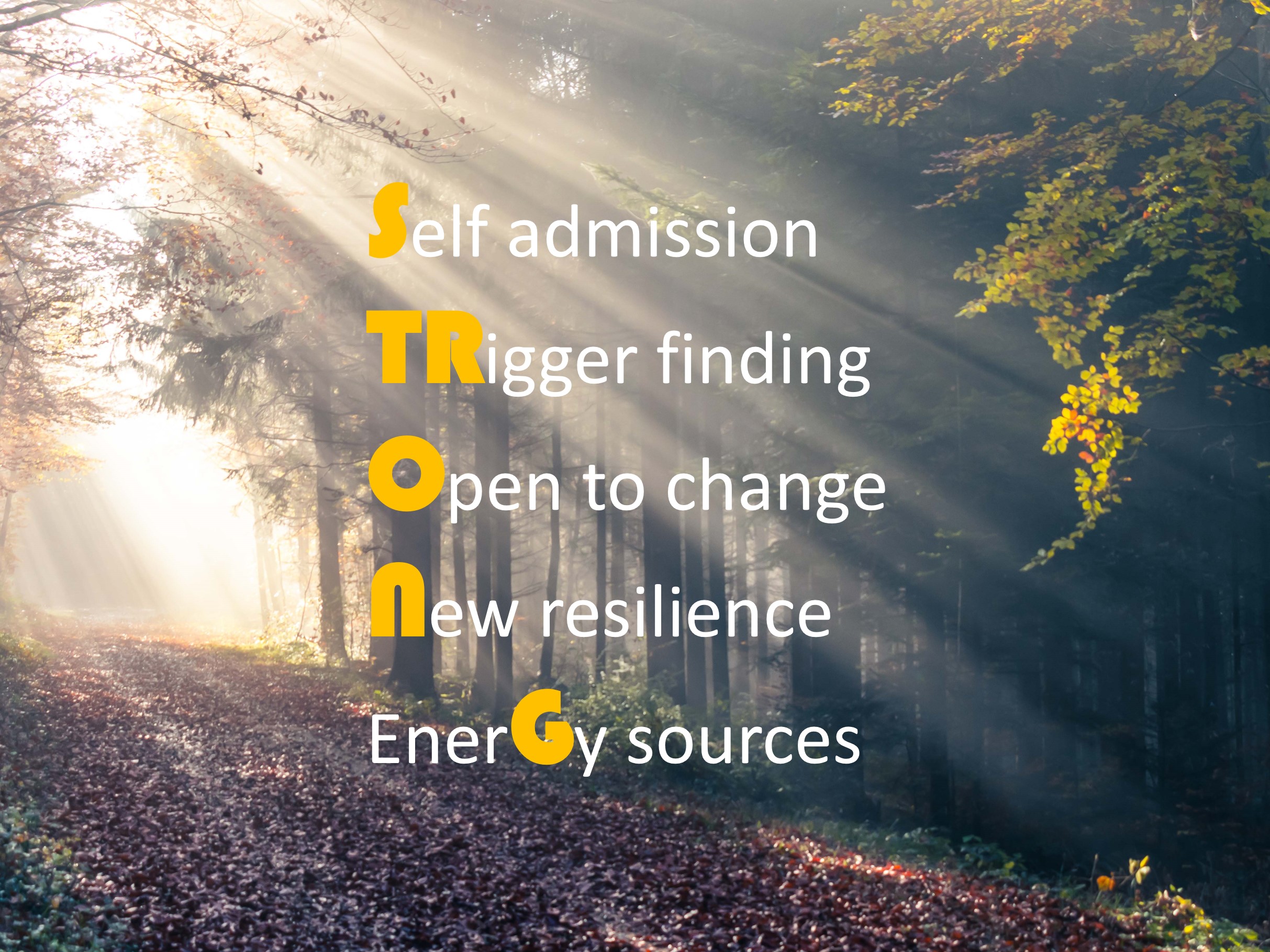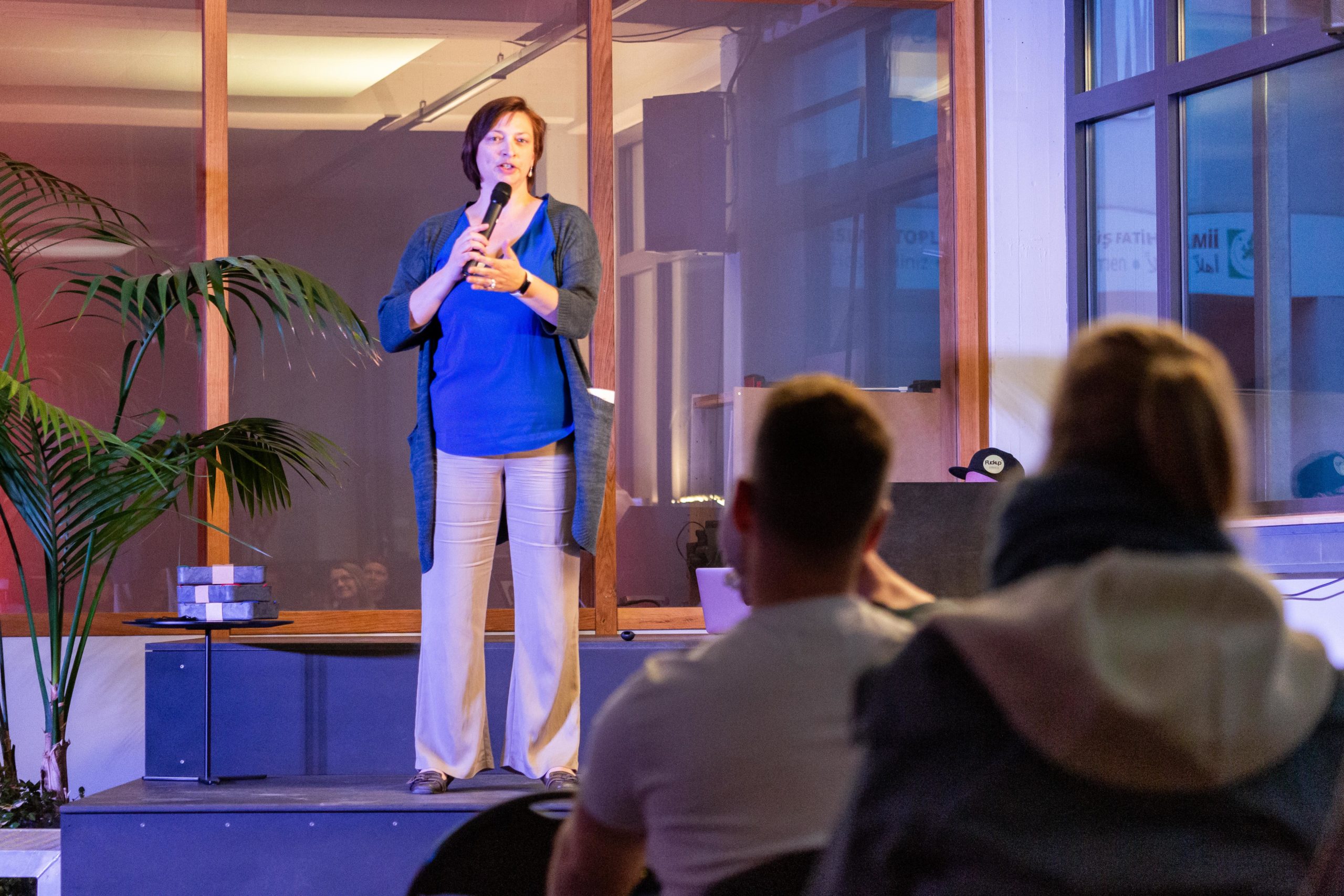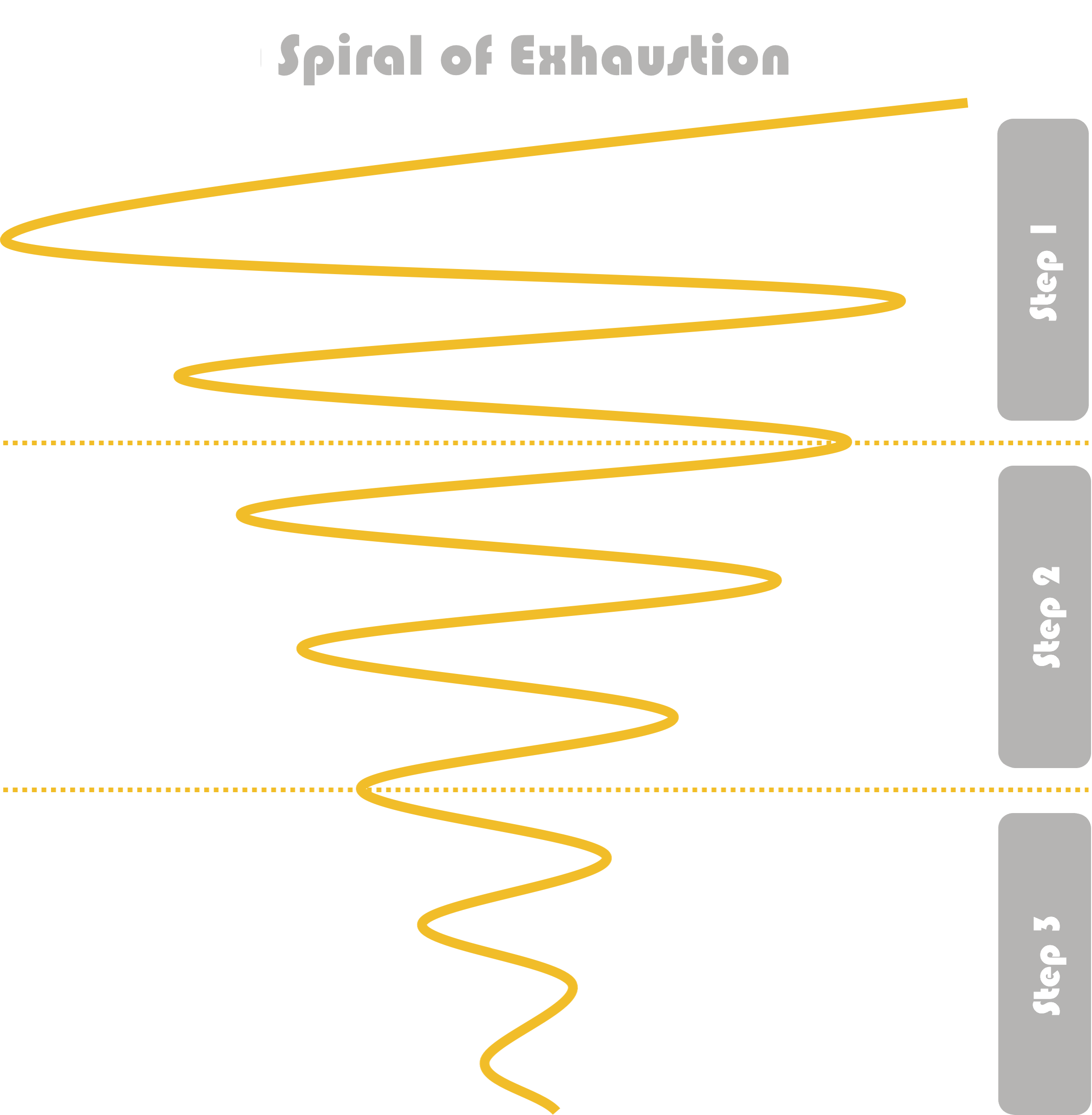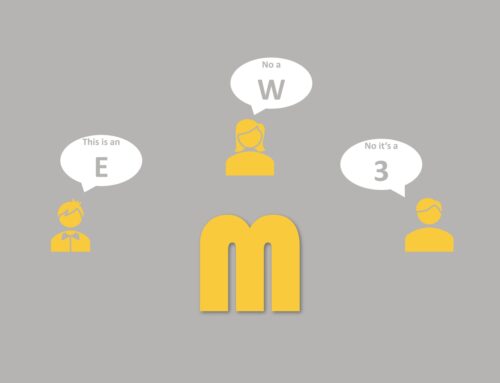Generation Z and Burnout: How Employers Can Help

The new generation of employees, known as Generation Z, are known for their strong drive to fight for their goals. This drive is not limited to Friday for Future demonstrations but is also seen in the workplace. However, there are certain challenges that come with managing and engaging with this generation of workers, including their need for feedback and support to prevent burnout.
One of the key traits of Gen Z is their desire to fight for what they believe in, which can often manifest as an email to the CEO demanding change. They also want to understand the bigger picture and see a purpose in their work. On the other hand, they can be conflict-averse and may prefer to quit their job rather than ask for a raise or address a workplace issue.
So, what drives these behaviors? Many factors come into play, including the fact that social networks are becoming less prevalent in society. With traditional sources of social support disappearing, the workplace has become an important source of social support for many in the Gen Z demographic. As such, it is essential for employers to offer the necessary support and resources to prevent burnout and maintain employee engagement.
One way to offer support is through mentoring programs, which can provide guidance and help employees to develop their skills. Interest groups and organized events can also provide employees with a sense of community and belonging. These initiatives are essential, especially post COVID-19, where social isolation was at is high and has become a major issue for many employees.
According to a study by the American Psychological Association, 46% of Gen Z employees reported a decline in their mental health during the pandemic, with 79% stating that they wished they had more emotional support. By comparison, only 40% of baby boomers reported a need for more support. A Future Forum study of 10,243 workers from the USA, Australia, France, Germany, Japan, and England also found that 48% of workers under the age of 30 felt burnt out, compared to 40% of those over the age of 30.
To maintain a productive and engaged workforce, it is important for employers to understand the needs of the new generation of workers. While Gen Z employees may be driven and goal-oriented, they also require more support and feedback than previous generations. By offering already mentioned resources such as mentorship programs, interest groups, and organized events, employers can create a positive workplace environment and support their employees’ mental health and well-being.
In summary, by prioritizing the social support and well-being of Gen Z employees, employers can foster a positive and productive work environment, resulting in higher employee engagement and retention rates.









